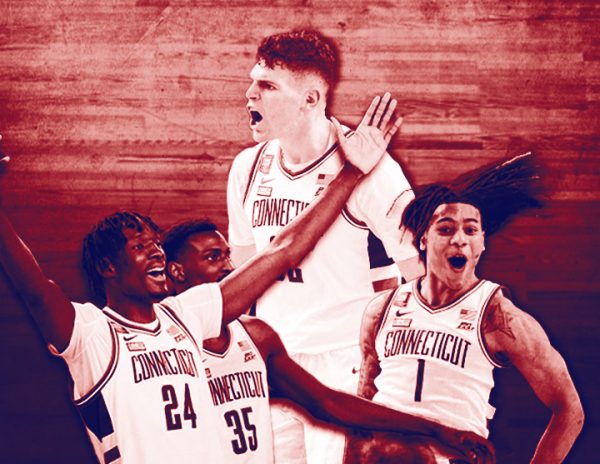Slang 101: An intersectional guide to contemporary slang
October 7, 2017
Every year, dictionaries add new slang words to their catalogues. Slang permeates our everyday lives so deeply that we sometimes don’t even realize when we are using it.
Tracing the origins of these popular slang words, now largely overused by white millennials, reveals that most of them have their origins in marginalized communities. People of color and the LGBTQ+ community are a major source of popular culture in the U.S., so much so that our very vocabulary is reshaped by these groups constantly.
This series will focus on the origins of the words that have permeated our speech the most and how they made their way from obscurity into the mainstream.
Fleek: extremely good, attractive or stylish.
The summer of 2014 might have been the peak of content production for Vine (RIP), and there is no better video to emphasize this app’s heyday than the one in which Peaches Monroee coined the term ‘fleek.’ Though the word was originally used to describe her perfectly shaped eyebrows, it is now used to describe nearly anything that is stylish. The overuse of this word is exemplified by this Spotify ad dialogue:
“Boy, your kicks are on fleek!”
“Girl, your nail are on fleek!”
“Our whole squad is on fleek!”
“Our whole squad gets turnt to this playlist on fleek!”
Squad: crew, posse, friend group.
Despite popular belief, the idea of having a “squad” was not invented by Taylor Swift and her skinny white girl army.
In fact, Gucci Mane and Waka Flocka Flame have been using the slang term as we know it today for about 10 years, though you wouldn’t know it from the way Swift and other white celebrities overuse it.
Who was saying Squad b4 I started rapping…… I hear crickets
— Waka Flocka (@WakaFlocka) June 14, 2015
Yas Queen!: an affirmation reserved for when an individual is killing the game, usually style-wise.
After being used as a slur against gay men for years, the community reclaimed the word “queen,” using it as an uplifting term of endearment and as a compliment. “Yas” is another word with roots in the LGBTQ+ community. The word took off in 2013 when a fan-recorded video of Lady Gaga, featuring the fan screaming “Yas Gaga! You look so good!” went viral. The phrase gained even more mainstream popularity when the Comedy Central television series Broad City began using it regularly.
Highlighting the contributions that these marginalized groups have made to American culture is so important because their voices are often overlooked or unheard altogether. It is time to acknowledge and praise these additions to popular culture, rather than steal from and ignore them.























Leave a Comment